Sunset Diving To See The Mandarin Fish’s Romantic Mating Ritual, Pemuteran, Bali, Indonesia

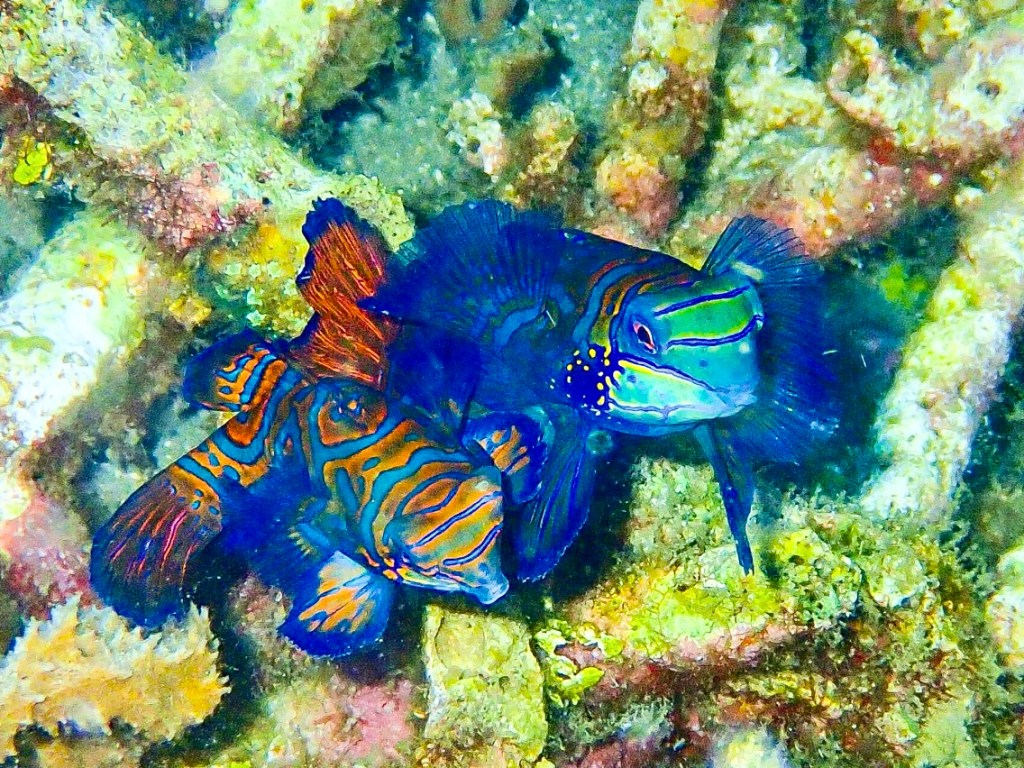

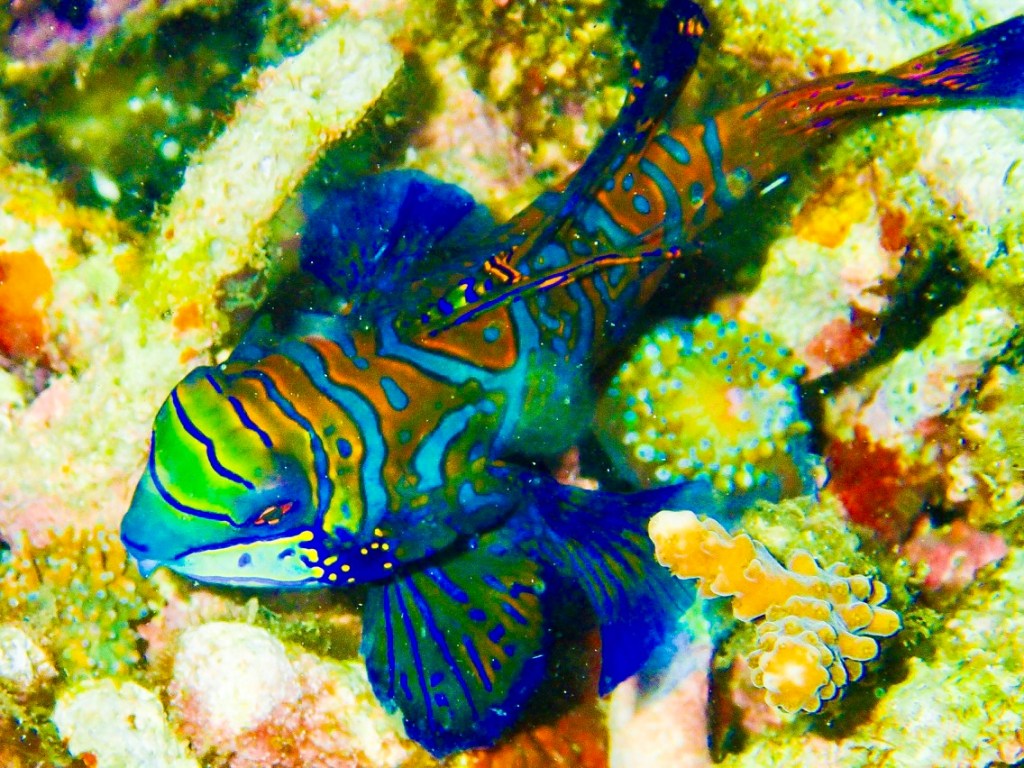














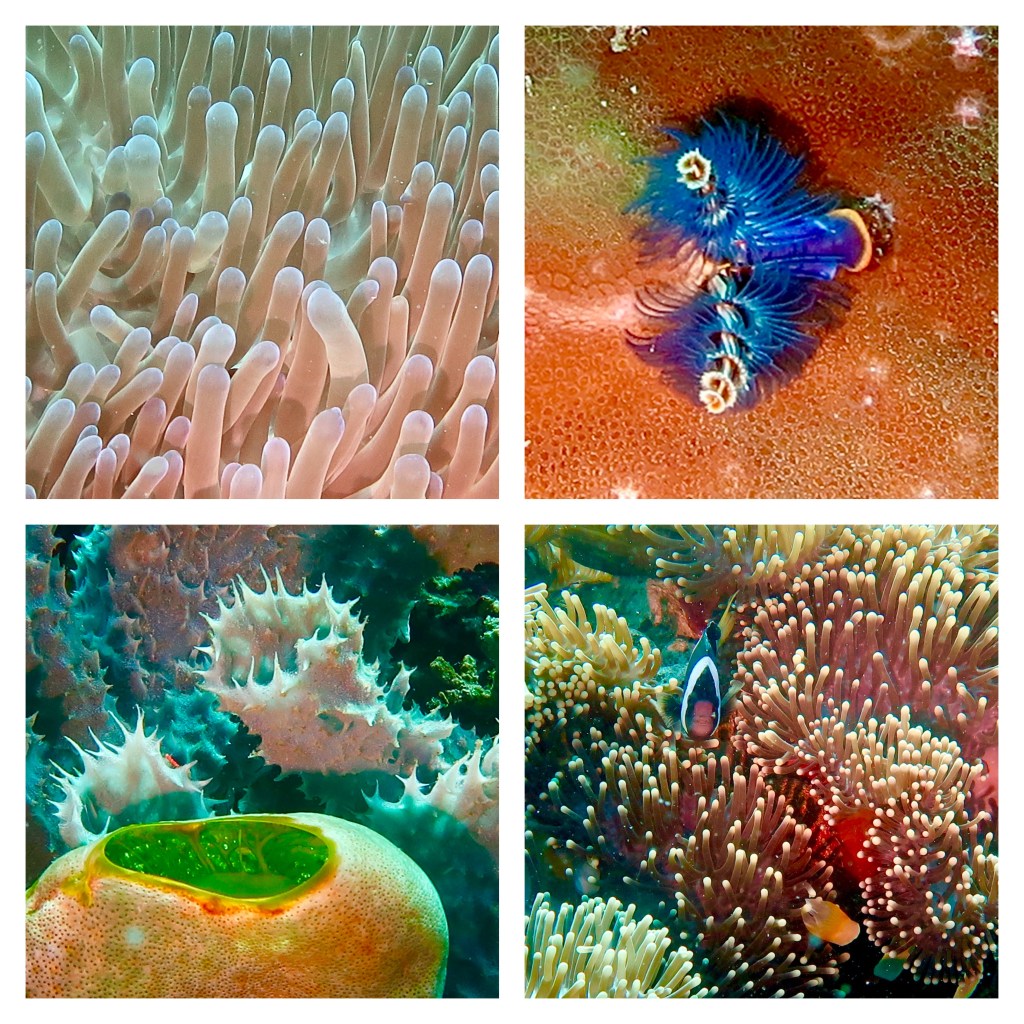








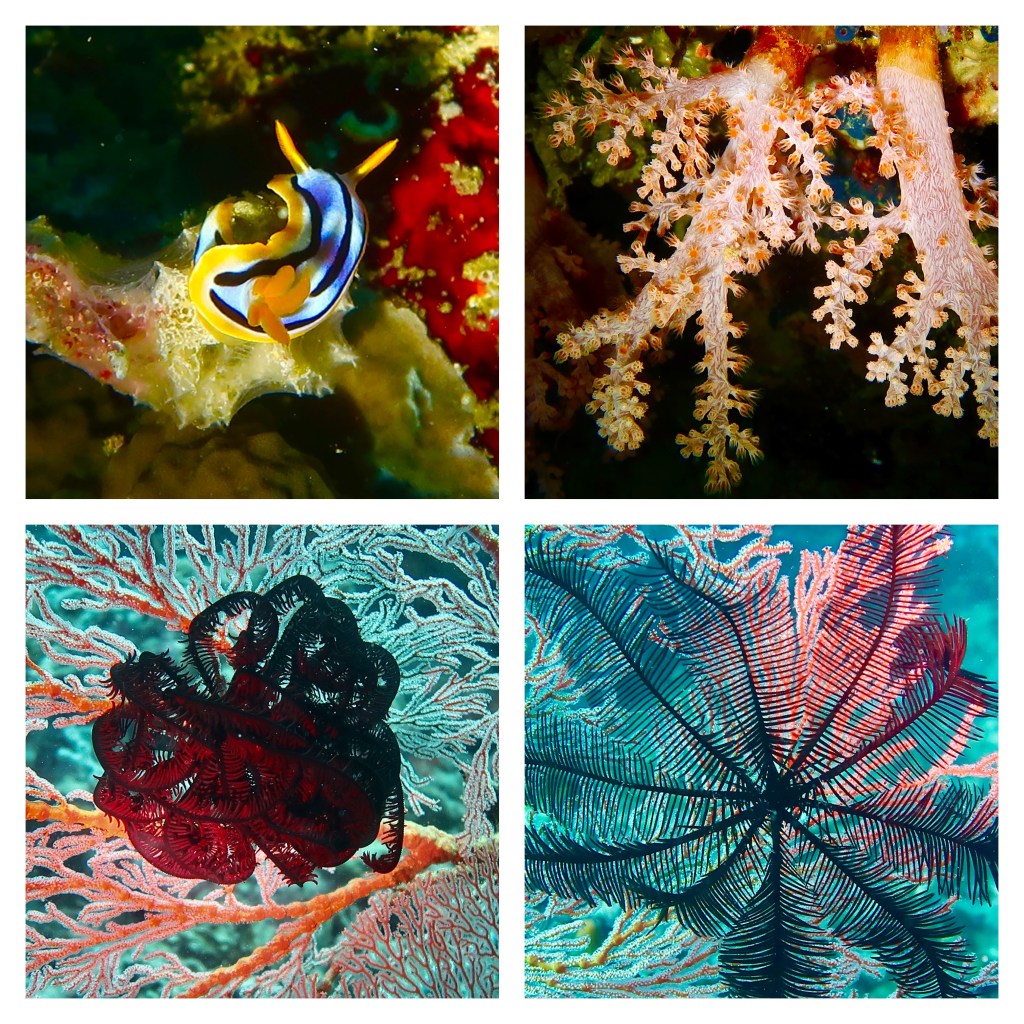












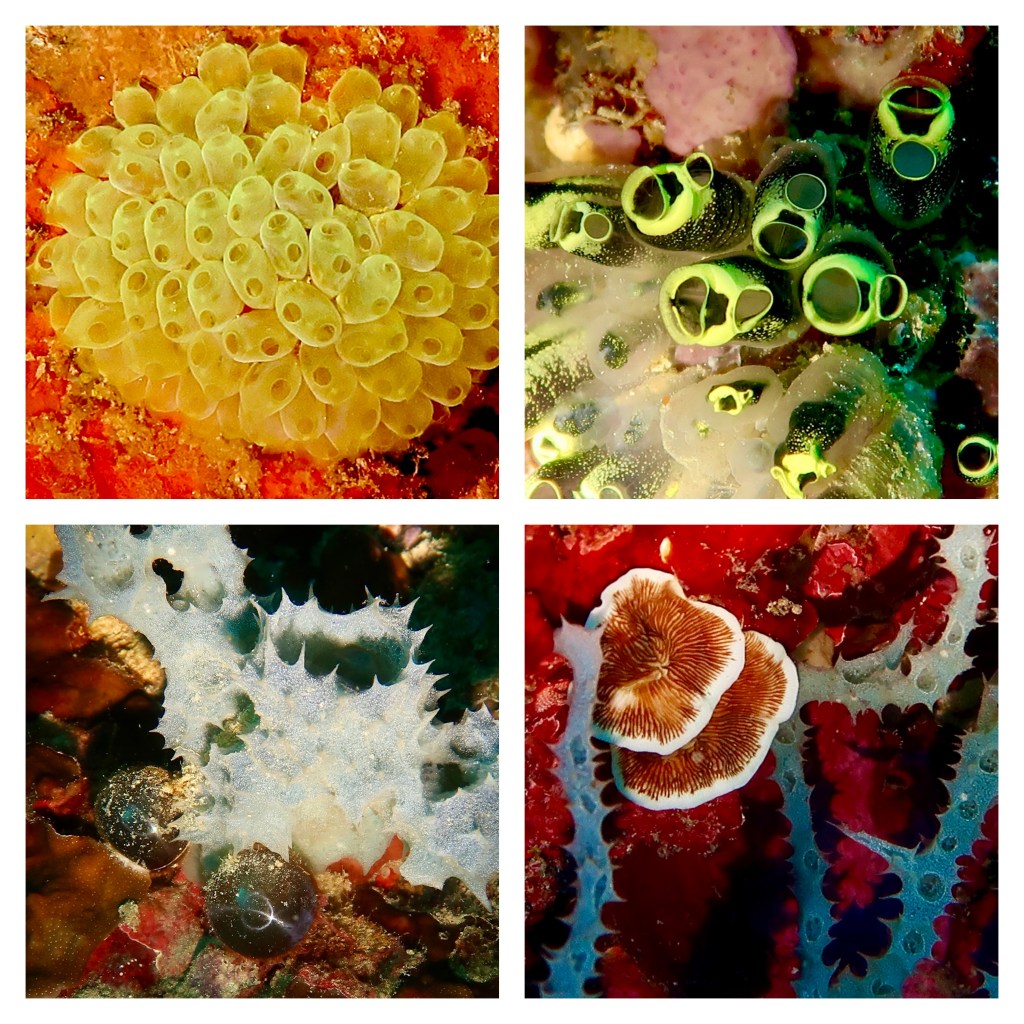
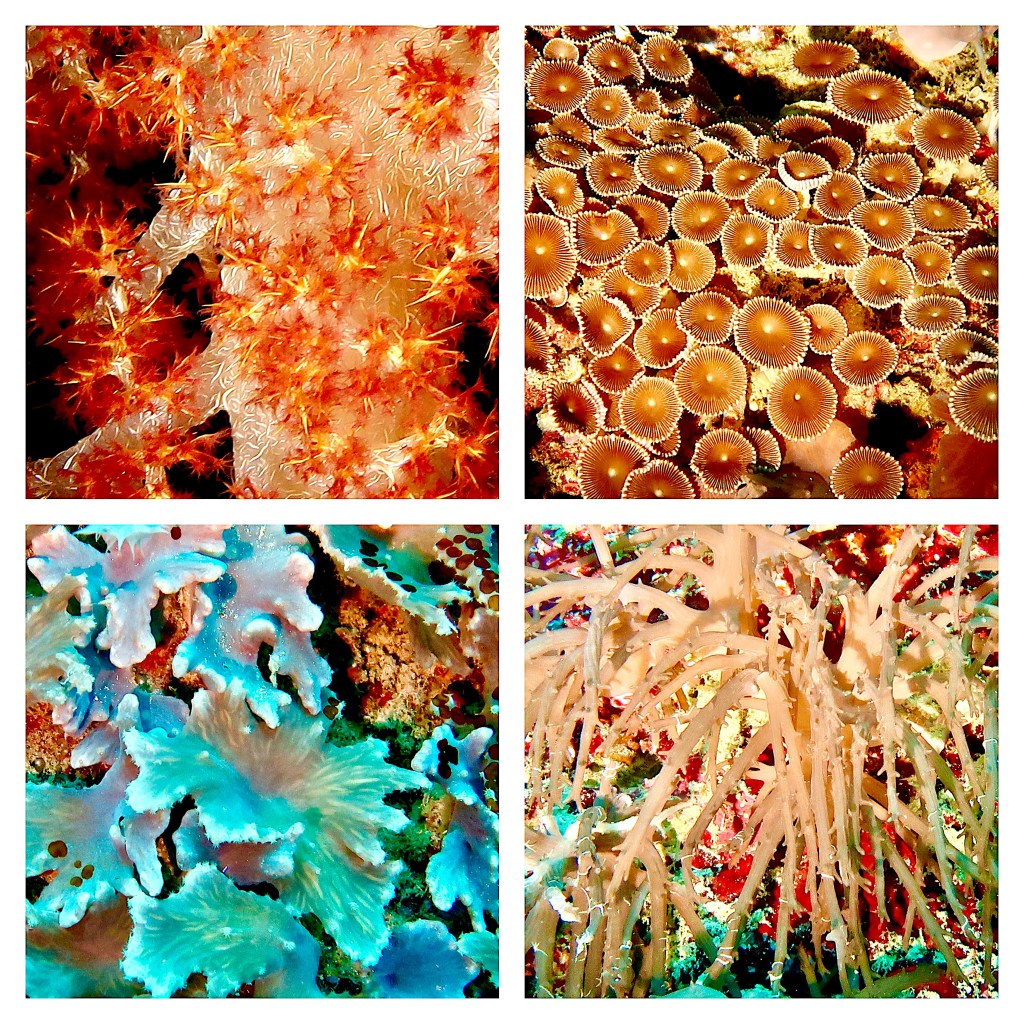




Sunset Diving To See The Mandarin Fish’s Romantic Mating Ritual, Pemuteran, Bali, Indonesia
Mandarin Fish (Synchiropus Splendidus) are small fish with brilliant colors that live inside dense corals in sheltered reefs.
They have a unique spawning ritual that involves the courting of the female by the male.
Mandarin fish are known to be polygynandrous. Polygynandry is a mating system in which both males and females have multiple mating partners defined as “sexual sharing.”
It is possible to spot mandarin fish during day dives, but as their unique mating rituals occur only at sunset, sunset and night dives are the only way to see these rituals.
In Pemuteran, the Mandarin fish dwell in an onshore reef, which makes it really easy to dive straight from the shore.
Night dives are always very exciting.
Entering the sea at night, when it is so dark around you and your only illumination is the light of your torch or flashlight, is really a surreal experience.
At night, the ocean comes alive.
Beautiful creatures that normally hide during the day, come out of hiding and swim around.
Creatures that have fluorescent accents shine bright and glow, and what seem to be just seaweed and coral, start swimming around, relocating to new places or looking for food.
I have dived at night a few times before, and it was always a fabulous experience.
I have also dived before to see Mandarin fish mating, in the Philippines and in Lembeh in Indonesia.
Mandarin fish are very beautiful.
Their exquisite colors and patterns make them very desirable as saltwater aquarium fish.
At sunset, these colorful fish perform their unique mating display.
The females choose their male by resting on his pelvic fin, before the pair align themselves and rise up from the reef in an elaborate mating dance.
Males compete for the female because the females spawn only once a night, and can go a few days without spawning again.
Unfortunately for me, it was one of those nights when the females did not spawn.
We did see many mandarin fish swimming inside the coral, but they did not mate nor dance above the reef.
It has been found that mating occurs in the evening, within twenty minutes of sunset, when the females emerge in groups waiting to be courted by the male mandarin fish.
The larger males are generally more successful in mating because the females have a sexual preference for larger males.
When the females and males pick their mates for the night the female approaches the male and rests on the pelvic fin of the male. As the two fish rise they release eggs and sperm into the water.
Mandarin fish are pelagic spawners, meaning they release numerous buoyant eggs that are dispersed by the currents in the water.
In order not to frighten the mandarin fish, we dived using a red light only.
We switched to a white light when we left the mandarin fish and continued our night dive.
On nights when spawning does occur, up to 200 eggs can be released into the water to combine with the sperm of the male fish.
Once the eggs are fertilized, the parents do not care for the eggs and will never see their children again.
The fertilized eggs are dispersed into the water and into their destiny.
The incubation time for the fertilized eggs is only about 12 hours, but many of the eggs will not become fish, but will be consumed by other fish living in the same environment.
I dived alone with a dive master named Komang, whose body was covered with beautiful Balinese tattoos.
The night dive was long, because we were in relatively shallow waters.
We dived for about 70 minutes, admiring the beauty of the warm sea at night.
I am adding photos from my dives in Pemuteran and a few photos of the night mandarin fish dive I did in Lembeh.
With love,
Tali